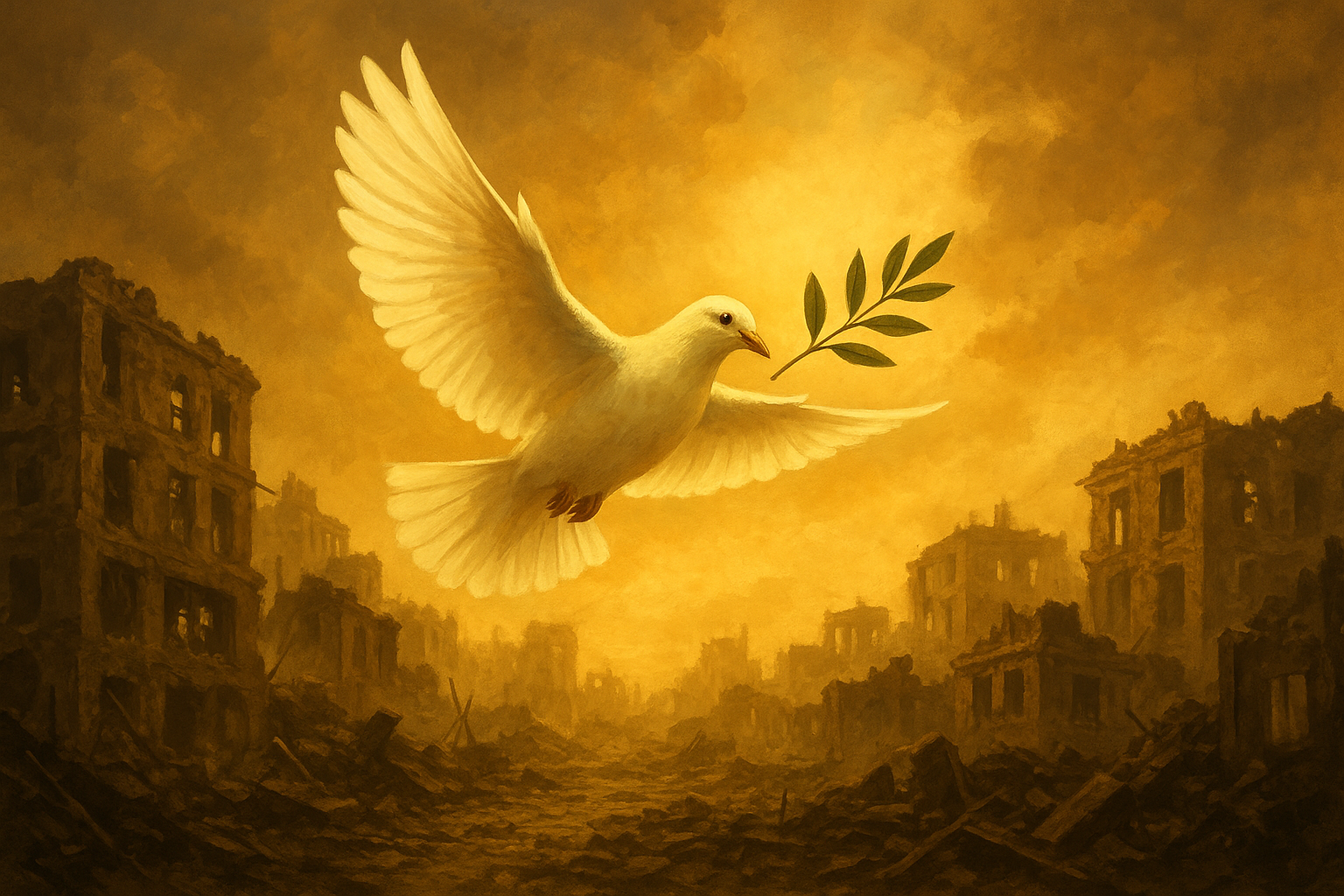Introduction
Thank you for reading this post, don’t forget to subscribe!The ongoing Ukraine war has shaken the very foundation of global peace and stability. It is not just a regional conflict but a struggle that has drawn in the world’s superpowers, caused economic disruptions, created humanitarian crises, and raised deep ethical questions about leadership, diplomacy, and the future of humanity. In this blog, we will explore how this war began, the reasons behind it, its immediate triggers, the role of sanctions, the failures of leadership, and most importantly, how peace can still be achieved.
How Did the Ukraine War Start?
The roots of the Ukraine war stretch back decades, largely tied to geopolitical rivalry. After the fall of the Soviet Union in 1991, Ukraine declared independence. Russia, however, continued to see Ukraine as part of its sphere of influence. Over the years, Ukraine’s increasing closeness with the European Union and NATO was perceived as a direct threat to Russia’s security.
The situation escalated in 2014, when Russia annexed Crimea, following Ukraine’s pro-Western revolution. This marked the beginning of open hostilities. What finally triggered the war in February 2022 was Russia’s claim that NATO expansion into Ukraine was “unacceptable.” Moscow launched a large-scale invasion under the pretext of protecting Russian-speaking populations in Eastern Ukraine and ensuring its own security.
The Immediate Factors Behind the War
Several immediate factors accelerated the conflict:
- NATO Expansion: Russia strongly opposed NATO’s eastward expansion and Ukraine’s desire to join NATO.
- Security Concerns: Russia claimed Ukraine posed a military and strategic threat under Western influence.
- Internal Ukrainian Politics: President Volodymyr Zelensky pushed harder for integration with the West, which Russia interpreted as hostility.
- Proxy Rivalry: The U.S. and NATO saw Ukraine as a buffer state against Russian influence.
Can Sanctions Stop a War?
The West responded to Russia’s invasion with unprecedented financial sanctions—blocking Russian banks, freezing assets, cutting technology access, and reducing trade.
But history shows sanctions rarely end wars directly:
- Iran: Sanctions weakened its economy but did not stop nuclear ambitions.
- Iraq (1990s): Sanctions devastated civilians but Saddam Hussein stayed in power until military action toppled him.
- North Korea: Despite decades of sanctions, nuclear tests continue.
Sanctions often hurt ordinary citizens more than ruling elites. In Russia’s case, while sanctions caused economic pain, they failed to stop the war. Instead, Russia deepened trade with countries like China, India, and Turkey, reducing Western leverage.
Zelensky’s Leadership – Vision or Miscalculation?
President Volodymyr Zelensky emerged as a symbol of resistance, celebrated globally for his courage. But within Ukraine and internationally, many question his decisions.
- Did Zelensky overestimate Western support, believing NATO and the U.S. would directly intervene?
- Has he sacrificed Ukraine’s wealth, infrastructure, and lives in a conflict where his country is caught between superpowers?
- Could early direct talks with Russia, without interference from NATO or the U.S., have avoided years of destruction?
The criticism is valid: wars are rarely won in battlefields, but often through diplomacy.
The Futility of War – Who Really Wins?
No side—neither Russia nor Ukraine—can claim a real “victory.” The destruction of cities, loss of lives, mass displacement, and economic collapse prove that in war, everybody loses.
It is merely a narrative when leaders declare themselves winners. The truth is universal:
“Vair se vair kabhi shant nahi ho sakta, vair sirf pyar se hi shant ho sakta hai.”
(Hatred never ceases by hatred; hatred ceases only by love. – Lord Buddha, Dhammapada)
This timeless wisdom reminds us that only compassion, not violence, can bring true peace.
India’s Dilemma – The Oil Question
India, now the most populous country in the world, faces a delicate balancing act. Its economy depends heavily on affordable energy imports.
- Cheap Russian oil provides relief for India’s growing energy demands.
- The U.S. criticizes India for buying oil from Russia, but China also buys, often in larger volumes, yet does not face equal punishment. Instead, India faces tariff taxes and political pressure.
For India, energy security is not just economics—it is survival. Denying India access to affordable energy would harm not only its growth but also global supply chains and stability.
The Path to Peace – A Way Forward
How can this war be stopped?
- Direct Negotiations: Ukraine and Russia must return to the table without third-party domination.
- Security Guarantees: Ukraine may remain neutral, avoiding NATO membership, while Russia must respect its sovereignty.
- Gradual Sanctions Relief: If Russia agrees to ceasefire and troop withdrawal, sanctions could be lifted step by step.
- Humanitarian Focus: International aid should prioritize civilians, not weapons.
- Global Moral Pressure: Leaders must rise above power games and put humanity first.
Conclusion – Humanity Is the Ultimate Victim
The Ukraine war is not just a political battle; it is a human tragedy. The lives lost, cities destroyed, and generations traumatized will take decades to heal.
History shows that wars end only when leaders set aside pride and listen to the voice of humanity. Russia, Ukraine, NATO, the U.S., China, and India—all must recognize that the real victory lies not in territory or influence, but in saving lives and restoring peace.
Let this war teach the world one lesson: true leadership is not in waging war but in ending it.

Leave a Reply